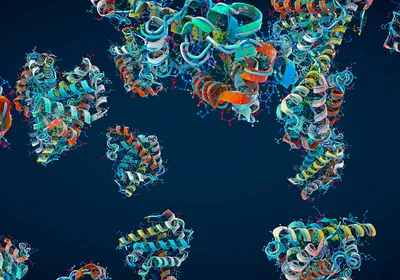 WIKIMEDIA, BRYAN PREADYResearchers have genetically modified crop plants to grow well in harsh environments where conventional crops cannot flourish due to the prevalence of pests and diseases. They can overcome weeds by allowing the use of environmentally-safe herbicides, and they can overcome insect pests and the diseases they carry by producing very specific toxins that do not affect beneficial insects and are harmless to humans and animals. But there is one environment that seems insurmountably hostile to GM crops—the European Union.
WIKIMEDIA, BRYAN PREADYResearchers have genetically modified crop plants to grow well in harsh environments where conventional crops cannot flourish due to the prevalence of pests and diseases. They can overcome weeds by allowing the use of environmentally-safe herbicides, and they can overcome insect pests and the diseases they carry by producing very specific toxins that do not affect beneficial insects and are harmless to humans and animals. But there is one environment that seems insurmountably hostile to GM crops—the European Union.
Why is the EU so against GM crops? This is a question that top-level policymakers will likely never answer, even though the EU’s own scientific bodies have demonstrated that GM crops are safe. The EU cannot grow enough food or feed to sustain its own population using conventional agriculture, so banning the growth of GM crops comes at a great expense. There is no rational scientific reason for importing GM foods from abroad when the same plants could be grown at home, so why are these food crops not flourishing in Europe’s rich agricultural lands. Unfortunately, the reason is political expediency.
EU politicians will not come off the fence on the subject of GM crops for fear of upsetting a small but vocal minority. The ...


















